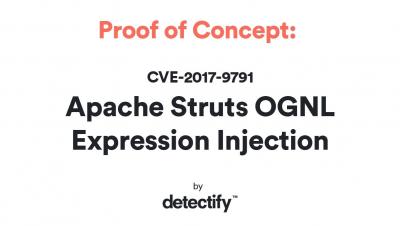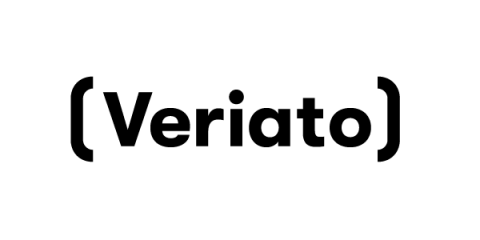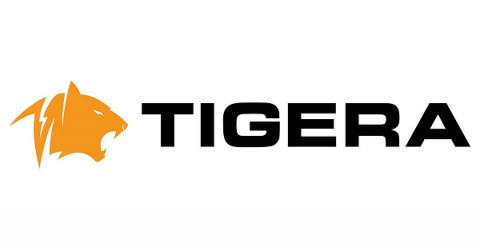Security | Threat Detection | Cyberattacks | DevSecOps | Compliance
%term
Proof of Concept: CVE-2017-9791 Apache Struts OGNL Expression Injection
Apache Struts Vulnerabilities
Apache Struts is a well-known development framework for Java-based web applications that is mostly used in enterprise environments. If you search for Apache Struts CVEs on MITRE, you currently get 77 results, and most of the critical ones are due to OGNL expression injection, which is very similar to SSTI (Server Side Template Injection) attacks. In this article we will go through the security history of Apache Struts, common Apache Struts security issues and the impact of these vulnerabilities.
When Is a Data Breach a Data Breach?
A data breach remains a common headline in the news cycle. A different company, website or social network reports a security issue almost daily. If it feels like using the internet has become a risky endeavor, the feeling is accurate. But what exactly classifies an event as a data breach? The world wide web is littered with different security gaps and vulnerabilities. But that doesn’t mean they have been exposed or attacked yet.
Five ways AI is being used in the cybersecurity industry
At a point in time, smart devices and robotics were common elements in the storyline of futuristic fictional novels. Today, those concepts are the modern norm across the technology industry. Similarly, in cybersecurity, pioneering professionals held on to seemingly far-fetched dreams where logs were easy to analyze, and false positives didn’t exist. While these challenges still exist, artificial intelligence (AI) is making these once far-fetched dreams the new norm in the security industry.
Devo for The Modern SOC
Is the Private or Public Cloud Right for Your Business?
It wasn’t a very long time ago when cloud computing was a niche field that only the most advanced organizations were dabbling with. Now the cloud is very much the mainstream, and it is rare to find a business that uses IT that doesn’t rely on it for a part of their infrastructure. But if you are going to add cloud services to your company, you will need to choose between the private cloud and the public cloud.
The Myth of a Single Container Security Solution
A proper container security strategy involves evaluating all components in the system.
Big Data in Auditing and Analytics
As organizations seek to evolve their risk management strategies to drive stronger compliance programs, they increasingly seek to automate their compliance documentation. In cybersecurity, however, traditional data collection methods fail since cybercriminals continuously evolve their threat methodologies.
The NIST cybersecurity framework (CSF) and what it can do for you
The NIST Cybersecurity Framework (CSF) has only been around for four years and while developed for critical infrastructure, resulting from Executive Order 13636, it has been widely adopted across both private and public sectors and organizational sizes. It is used inside of the US government, with 20 states using it (at last count).










